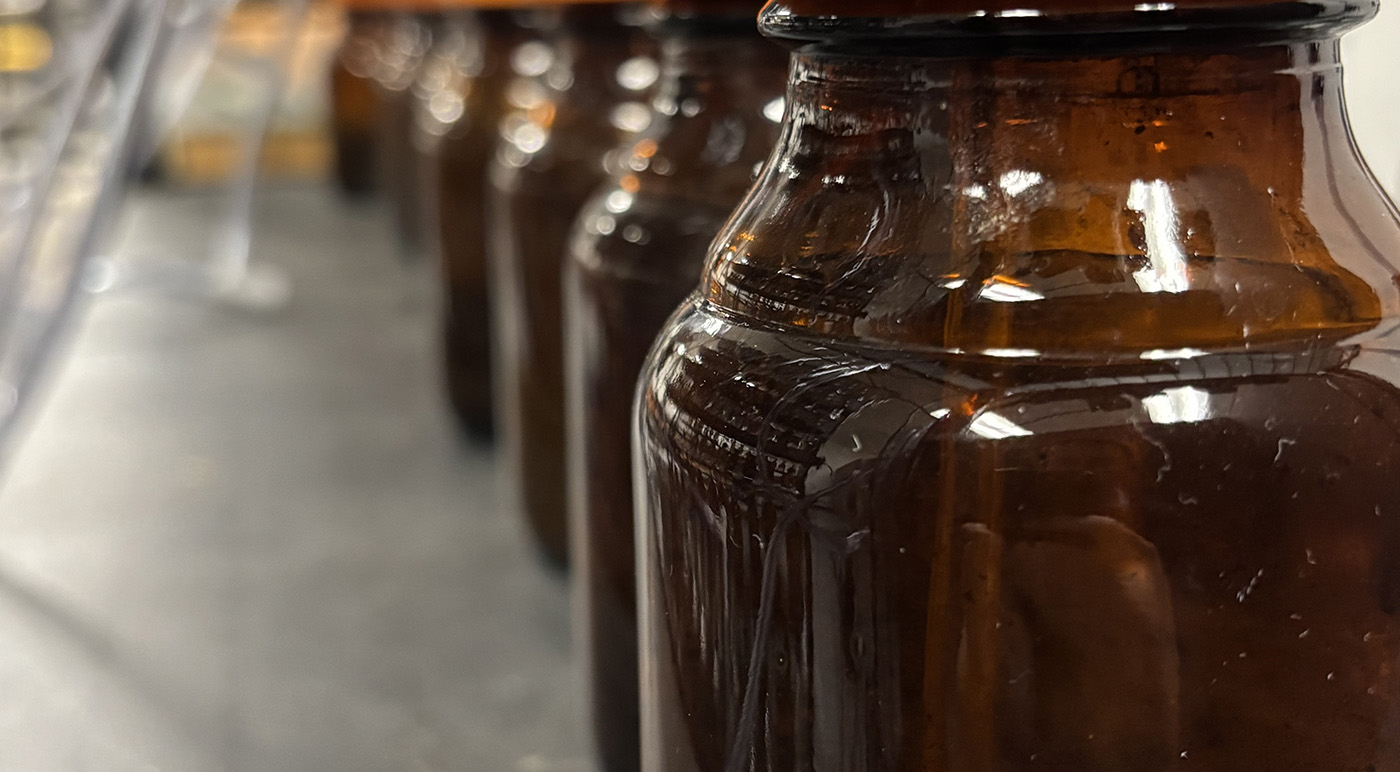Summary
ASTM D5988 is used to determine the degree and rate of aerobic biodegradation of plastic materials in soil. To do so, the oxygen consumption or CO2 evolution is measured. This test is designed to measure the biodegradability of plastics relative to a reference material in an aerobic environment. It is suitable for all polymers that are non-inhibitory to the bacteria and fungi naturally present in soil.
ASTM D5988 Testing Method
The material is added to the soil in the form of films, pieces, fragments, powders, or in an aqueous solution. Over the course of six months, the sample is allowed to degrade, with measurements taken frequently. Respirometry is used to determine the biodegradability of the test plastic by measuring the CO2 formation or oxygen consumption.
Here are some additional details about the ASTM D5988 test method:
- Materials that can be tested: All plastic materials that are not inhibitory to the bacteria and fungi present in soil
- Test substance requirements:
- Organic carbon content is required in order to calculate the ThCO2
- Alternatively, is oxygen consumption is measured to determine the biodegradability, then ThOD of the sample is required
- Substance may be in the form of films, pieces, fragments, powders, formed articles or in aqueous solution
- Does not inhibit bacteria and fungi present in soil
- Measurement: Oxygen consumption or CO2 evolution
- Temperature: 20-28°C
- Reference: A well-defined biodegradable polymer (e.g. starch or cellulose)
- Reactor size: 2-4L preferred
- Test substance dosage: Approximately 200mg-1,000mg carbon content for 500g of soil
- Soil:
- Natural, fertile soil collected <2mm from the surface layers of fields and forests
- Laboratory mixture is made of equal parts (by weight) of soil samples obtained from at least 3 diverse locations
- Soil quantity: 100-500g of soil
- Number of reactors: 3 for blank control, 3 for reference control, 3 for technical control, and 3 for each test substance
- Duration: Test is continued until no net carbon dioxide production is noted between consecutive measurement taken four weeks apart, from both the positive reference material and test substance vessels
- Test validity criteria:
- Reference substance reaches 70% degradation in 6 months
- The amount of CO2 evolved from the blanks (or the BOD values for oxygen consumption method) shall be within 20% of the mean at the plateau phase or at the end of the test
ASTM D5988 Testing with Aropha
When you are looking for quality, streamlined biodegradability testing, Aropha is here to help you. We strive to provide our customers with affordable, fast biodegradability testing that helps get their research to market as quickly as possible. No matter what product you are looking to test, our team has the experience and testing methods necessary to determine the biodegradability, compostability, and ecotoxicity of your chosen material. To make sure our processes are as efficient and accurate as possible, we offer digital twin simulations and lab biodegradability testing, allowing us to determine your product’s biodegradability from research through production. Our team can also help you obtain certain eco-labels or substantiate marketing claims by providing you with the necessary test documentation.
Ready to get started? Contact us today!
ASTM D5988 Requirement and Applicability
Different testing methods are applicable for materials with different properties. Below is a summary of the applicability of ASTM D5988. Please check our Method Selection Guide to select the most appropriate method for your materials. You can also find the applicability for many other methods in our Resource Center.| Test | Analytical method | Sample info required * | Poorly soluble | Volatile | Adsorbing |
|---|---|---|---|---|---|
| Oxygen demand in a respirometer | Oxygen | ThOD* | + | + | + |
| CO2 evolution | CO2 | Organic carbon content* | + | - | + |
*“Sample info required” is the information needed to calculate the biodegradation percentages. This must be available for a selected method.
*“ThOD” can be easily calculated based on the chemical formula of the sample. Try our Online ThOD Calculator.
*“Organic carbon content” is the ratio of the organic carbon weight to the weight of the sample. It can be calculated by the chemical formula (e.g., acetic acid C2H4O2, carbon content is 12*2/(12*2+1*4+16*2)=40%). Try our Online C% Calculator. If the formula is unknown, we can send the sample out to a third party lab for you for analysis (normally $110 with a 10-day turnaround time).
Pricing
$2299/sample for High-Throughput Screening$4599/sample for Biodegradability Certification

